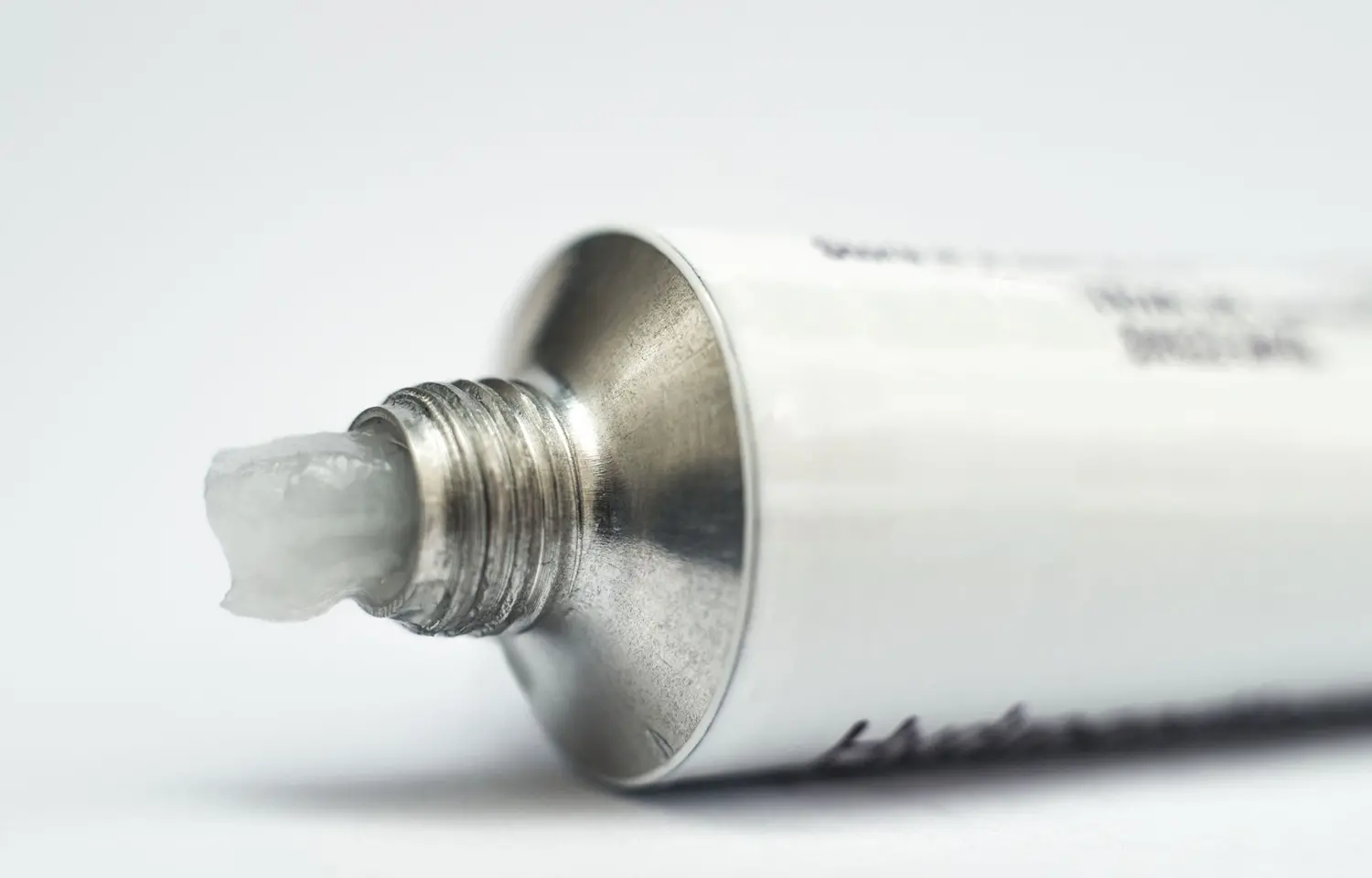- Home
- Medical news & Guidelines
- Anesthesiology
- Cardiology and CTVS
- Critical Care
- Dentistry
- Dermatology
- Diabetes and Endocrinology
- ENT
- Gastroenterology
- Medicine
- Nephrology
- Neurology
- Obstretics-Gynaecology
- Oncology
- Ophthalmology
- Orthopaedics
- Pediatrics-Neonatology
- Psychiatry
- Pulmonology
- Radiology
- Surgery
- Urology
- Laboratory Medicine
- Diet
- Nursing
- Paramedical
- Physiotherapy
- Health news
- Fact Check
- Bone Health Fact Check
- Brain Health Fact Check
- Cancer Related Fact Check
- Child Care Fact Check
- Dental and oral health fact check
- Diabetes and metabolic health fact check
- Diet and Nutrition Fact Check
- Eye and ENT Care Fact Check
- Fitness fact check
- Gut health fact check
- Heart health fact check
- Kidney health fact check
- Medical education fact check
- Men's health fact check
- Respiratory fact check
- Skin and hair care fact check
- Vaccine and Immunization fact check
- Women's health fact check
- AYUSH
- State News
- Andaman and Nicobar Islands
- Andhra Pradesh
- Arunachal Pradesh
- Assam
- Bihar
- Chandigarh
- Chattisgarh
- Dadra and Nagar Haveli
- Daman and Diu
- Delhi
- Goa
- Gujarat
- Haryana
- Himachal Pradesh
- Jammu & Kashmir
- Jharkhand
- Karnataka
- Kerala
- Ladakh
- Lakshadweep
- Madhya Pradesh
- Maharashtra
- Manipur
- Meghalaya
- Mizoram
- Nagaland
- Odisha
- Puducherry
- Punjab
- Rajasthan
- Sikkim
- Tamil Nadu
- Telangana
- Tripura
- Uttar Pradesh
- Uttrakhand
- West Bengal
- Medical Education
- Industry
Topical imiquimod superior to surgery for vulvar intraepithelial neoplasia: Lancet

Austria: In a new study conducted by Gerda Trutnovsky and team, it was shown that Imiquimod is a secure, efficient, and well-accepted first-line therapy for patients with vulvar high-grade squamous intraepithelial lesions (vHSILs). The findings of this study were published in The Lancet.
It is difficult to handle vulvar high-grade squamous intraepithelial lesions optimally. Surgery is the conventional therapy, although 50% of patients experience recurrences. Although medical therapy with imiquimod is a successful option, the two methods have not been compared in a randomized study. As a result, this study compared the clinical efficacy, human papillomavirus (HPV) clearance, acceptability, histological response, and psychosexual morbidity of primary imiquimod therapy against surgical treatment in women with vHSIL.
The Austrian Gynecological Oncology group conducted this randomized, multicenter, phase 3, non-inferiority clinical trial at six sites in Austria. Female patients aged 18–90 years with histologically confirmed vHSIL with evident unifocal or multifocal lesions were recruited. Clinical suspicion of invasion, a history of vulvar malignancy or severe inflammatory dermatosis of the vulva, and any current therapy for vHSIL during the past 3 months were the main exclusion criteria.
Women with known immunodeficiency, who were pregnant, or who were nursing were not allowed to participate. Patients were randomly allocated (1:1) via block randomization to either imiquimod or surgery, and were stratified according to whether they had unifocal or multifocal illness. For 4–6 months, imiquimod was self-administered in a gradually ascending dose plan up to three times per week.
Excision or ablation were the procedures used in surgery. Vulvoscopy, vulvar biopsies, HPV testing, and patient-reported outcomes were used to evaluate patients at baseline, 6 months, and 12 months. The main outcome was full clinical response (CCR) 6 months after receiving local imiquimod therapy or undergoing one surgical operation. The primary analysis was performed in accordance with protocol, with a non-inferiority margin of 20%.
The key findings of this study were as follows:
1. Between June 7, 2013, and January 8, 2020, 110 patients with vHSIL were allocated at random.
2. Clinical response to therapy could be measured in 107 participants (54 in the imiquimod group and 53 in the surgery group), and the trial was completed by 98 patients (46 in the imiquimod group and 52 in the surgery group).
3. 37 (80%) of 46 imiquimod-treated patients had CCR, compared to 41 (79%) of 52 patients after one surgical operation, demonstrating non-inferiority of the novel therapy.
4. Invasive illness was discovered in five individuals during main or secondary surgery, but not in patients receiving imiquimod according to protocol.
5. There was no statistically significant difference between trial groups in terms of HPV clearance, side events, or treatment satisfaction.
Reference:
Trutnovsky, G., Reich, O., Joura, E. A., Holter, M., Ciresa-König, A., Widschwendter, A., Schauer, C., Bogner, G., Jan, Z., Boandl, A., Kalteis, M. S., Regauer, S., & Tamussino, K. (2022). Topical imiquimod versus surgery for vulvar intraepithelial neoplasia: a multicentre, randomised, phase 3, non-inferiority trial. In The Lancet. Elsevier BV. https://doi.org/10.1016/s0140-6736(22)00469-x
Medical Dialogues consists of a team of passionate medical/scientific writers, led by doctors and healthcare researchers. Our team efforts to bring you updated and timely news about the important happenings of the medical and healthcare sector. Our editorial team can be reached at editorial@medicaldialogues.in.
Dr Kamal Kant Kohli-MBBS, DTCD- a chest specialist with more than 30 years of practice and a flair for writing clinical articles, Dr Kamal Kant Kohli joined Medical Dialogues as a Chief Editor of Medical News. Besides writing articles, as an editor, he proofreads and verifies all the medical content published on Medical Dialogues including those coming from journals, studies,medical conferences,guidelines etc. Email: drkohli@medicaldialogues.in. Contact no. 011-43720751


